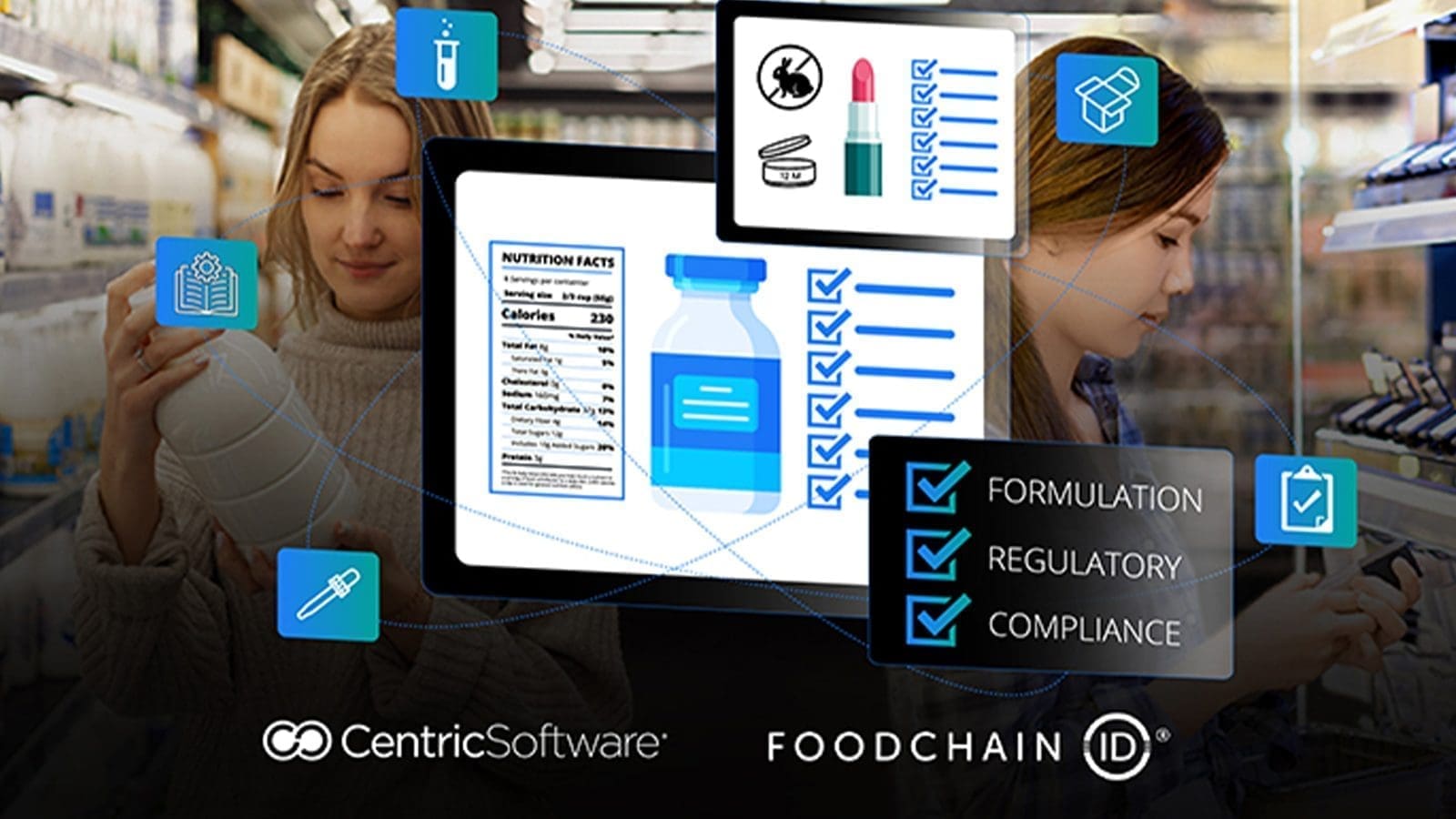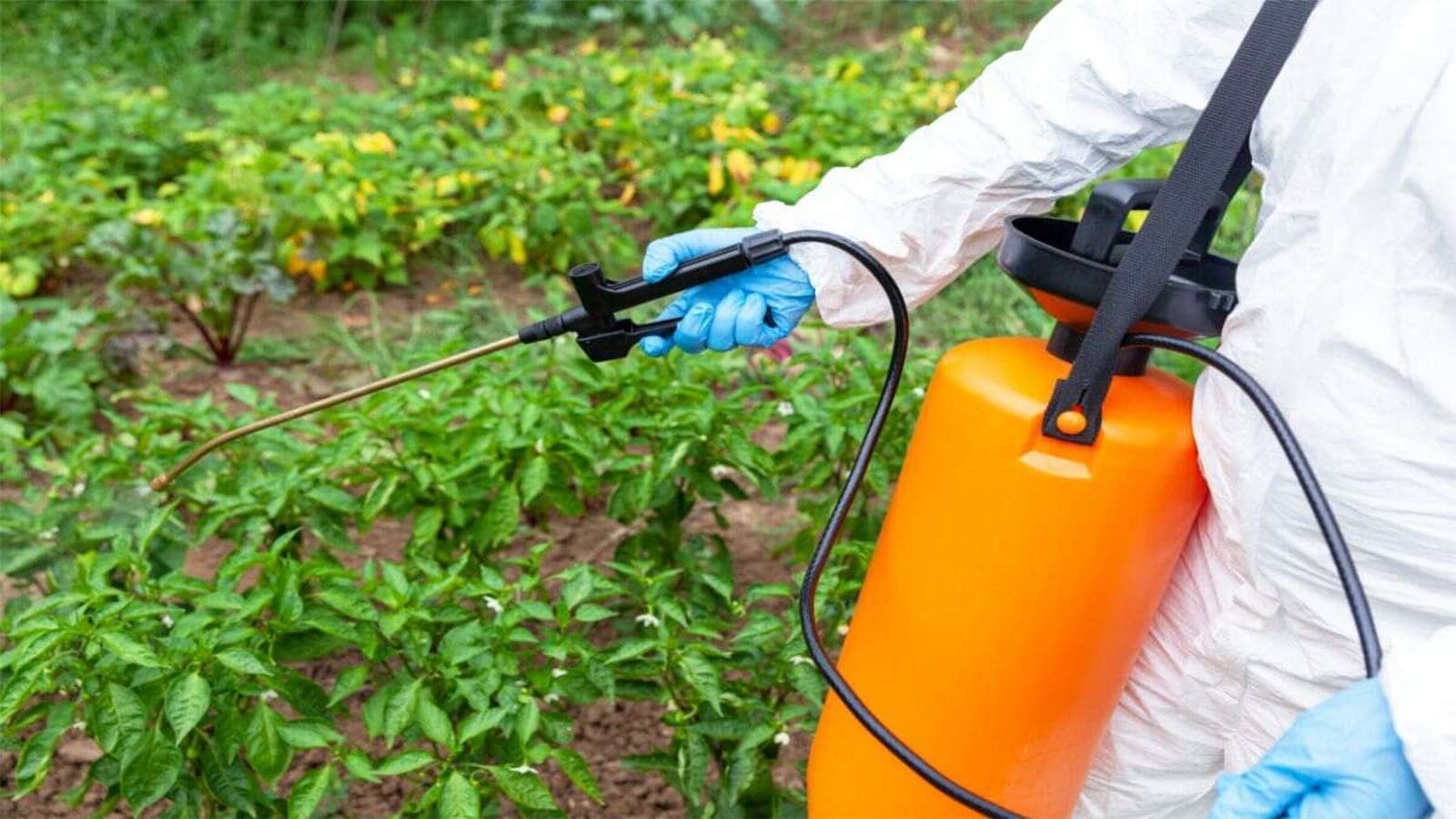GHANA – The Food and Drugs Authority (FDA) in collaboration with the Ghana Shippers Authority (GSA) has organized a day’s sensitization and evaluation forum for importers and clearing agents on the implementation of the import permit application.
The forum was on the topic: “The role of FDA-Addressing import permit Application Challenges to Facilitate Trade.”
Madam Akua Amartey, Deputy Chief Executive Officer, Technical Operation, FDA, said it was important that state institutions such as the FDA and the GSA interacted with players within the regulated sector.
This will enable the regulators to bring the players’ attention to changes embarked upon, and to be abreast with issues players grapple with.
Amartey said FDA had engaged stakeholders through a session and commenced the enforcement of the prohibition of the importation of unregistered regulated products, popularly known as ‘No Registration, No Importation.’
The forum permitted the authority to inform the stakeholders on the enforcement during the one-year implementation while bringing to their attention new structures to facilitate trade and improve the ease of doing business with the FDA.
According to Amartey, the new structures, which border on making registration and permit issuance a lot easier to comply with, are intended to increase compliance and help to protect the health and safety of the Ghanaian consumer.
She informed that the FDA was taking steps to facilitate trade and expected the stakeholders to comply with the Public Health Act and the authority’s guidelines, regarding the registration and importation or exportation of regulated products.
“This is important in ensuring a win-win situation where the FDA as a regulatory institution is not only concerned with regulation but trade facilitation as well, and you the trading community are not only concerned with trade facilitation but protection of public health as well,” she said.
Mr. Charles Darling Sey, GSA Tema Branch Manager said the authority’s mandate among others was to ensure the safe delivery of cargo, resolution of recurrent shipment problems, and ensure that charges paid at the Ports commensurate with the services rendered.
In executing its mandate, one of GSA’s key strategies is to foster collaborations with institutions and stakeholders to address shipper-related issues, to enhance the nation’s trade facilitation effort to take advantage of the African Continental Free Trade Agreement (AfCFTA).
The United Nations Conference on Trade and Development (UNCTAD) estimates that non-tariff barriers (NTBs) are at least three times more restrictive than regular customs duties.
The report hinted that African countries could gain US$ 20 billion in GDP growth by tackling such barriers at the continental level.
Mr. Sey expressed the belief that one sure way to remove NTBs was the sustained awareness creation targeting specific groups and entities, and the willingness of state agencies to assist the groups without any form of solicitation and appellate application process to give preferential exclusion in any form.
He added that the AfCFTA agreement, among others, was dedicated to eliminating non-tariff barriers, adding that the ‘non-tariff barriers protocols mandated participating parties to identify, categorize and eliminate non-tariff barriers.
Liked this article? Subscribe to Food Safety Africa News, our regular email newsletters with the latest news insights from Africa and the World’s food safety, quality and compliance. SUBSCRIBE HERE








